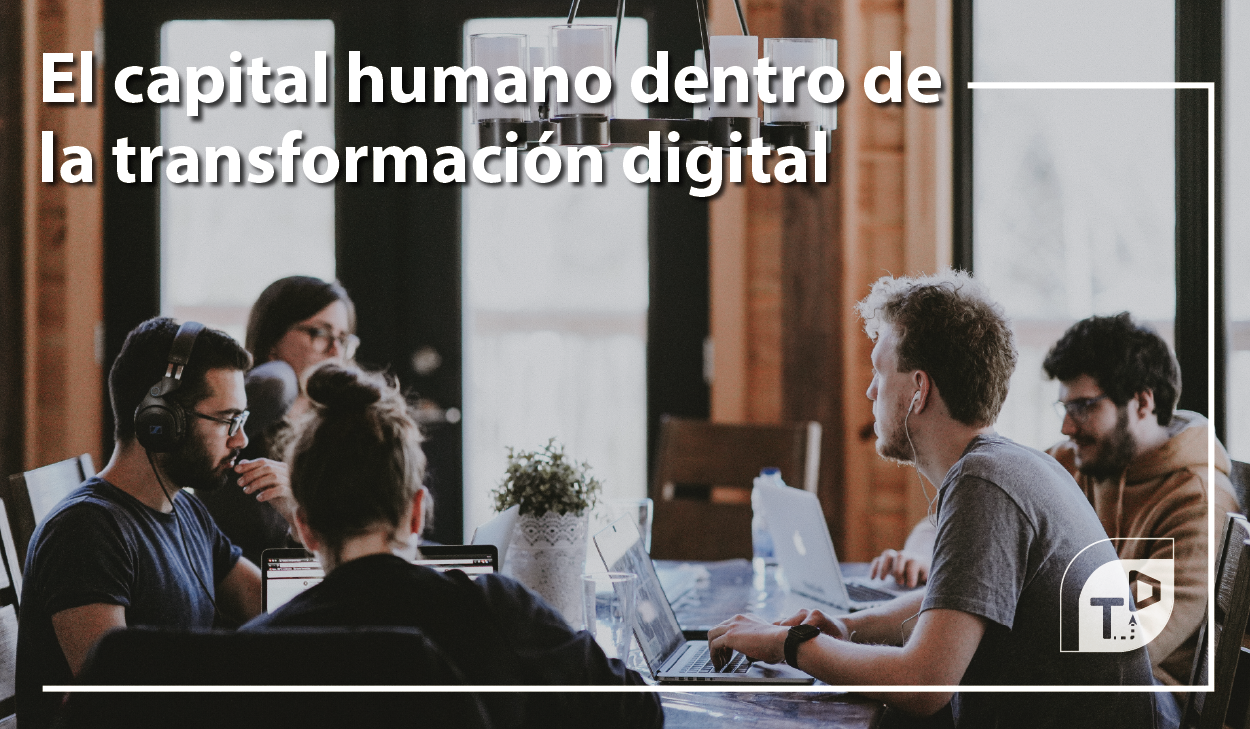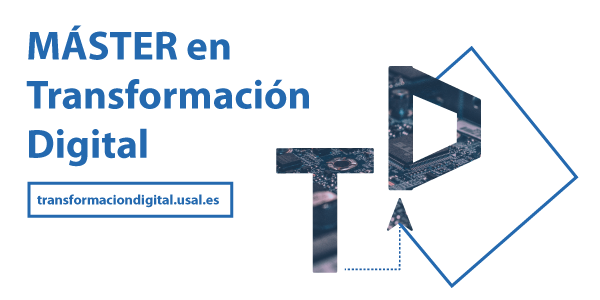The digital transformation constitutes a major paradigm shift that changes the way we manage the different departments of an entity. Its scope is global and therefore everything has to evolve, including people.
Although it is a term that we hear very often and that many companies profess to have done or be in the process of doing, it is necessary to be clear that it is not simply about implementing digital tools or automating some functions. Digital transformation in companies is much more than that, it is necessary to design a strategic plan and analyse the current state of the company, the shortcomings, the main tools that can help improve processes, times and reduce costs. However, each process involves human capital, therefore, people should be considered as one of the most important elements of the transformation plan.

It is necessary to consider employees and come up with the best strategies for them to do their job and increase their digital skills. This not only generates a better work environment but also the performance of staff increases and therefore the quality of customer experience.
Implementing technology and performing information analyses is essential, but none of those can deliver the desired results unless the entire team is involved, strengthening corporate culture and improving the training of human capital.
Highly trained professionals are required to lead the transformation of an organization. To this end, the BISITE Research Group at the University of Salamanca offers training geared towards this highly demanded profile; Master and Expert in Digital Transformation, which will continue to grow in the coming years.





